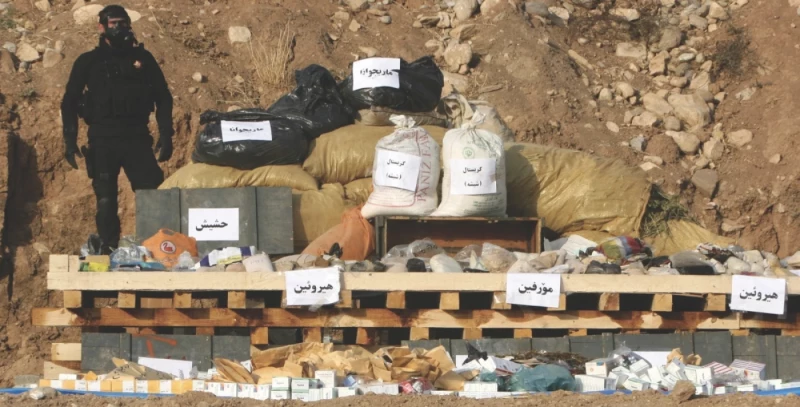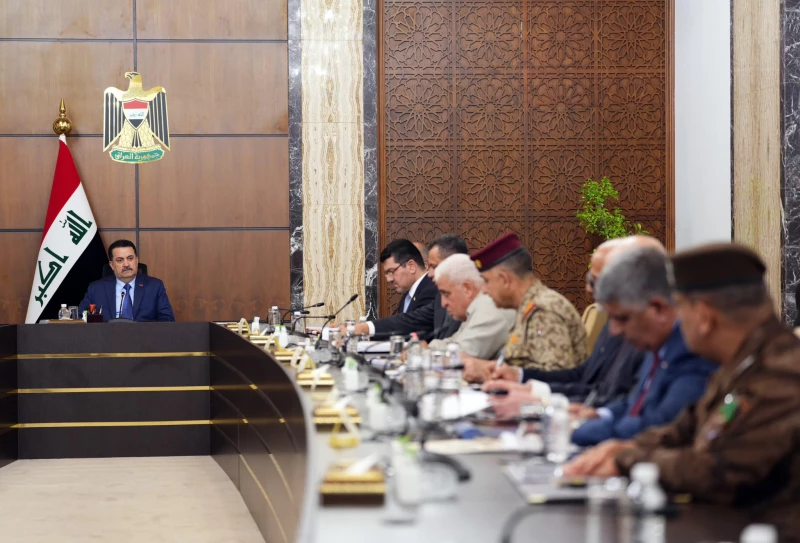ERBIL, Kurdistan Region of Iraq – Iraq Prime Minister Mohammed Shia’ al-Sudani on Wednesday oversaw the signing of a Memorandum of Understanding (MoU) with the US-based GE Vernova for a power plants project with a 24,000-megawatt capacity.
“This is the largest and most advanced plan in Iraq's history, with the possibility of securing external financing from international banks” read a statement by Sudani’s office.
“The memorandum includes projects for combined-cycle gas-fired power plants with a capacity of approximately 24,000 megawatts,” the statement added.
Iraqi Minister of Electricity Ziad Ali Fadhil hinted at the project in early February, revealing that they are in the process of “an integrated study for 24,000 megawatts” with GE.
Iraq’s power grid after the completion of maintenance and the return of natural gas is currently capable of producing 27,000 megawatts, Fadhil said in February, adding however, that the current actual output sits at 17,000 megawatts, while Iraq’s power demand is around 32,000 to 35,000 megawatts.
The MoU with GE Vernova is one of three MoUs signed on Wednesday by the premier, he also signed an MoU with the American UGT Renewables Group for three projects that involve the provision of clean energy and modernizing Iraq’s “electricity transmission and distribution lines,” financed by the US Export-Import Bank, the British Export Development Agency, and JP Morgan, third came an MoU with the American Chamber of Commerce aimed at “enhancing bilateral economic cooperation.”
The US Embassy in Baghdad hailed the MoUs in an X post, "Proud that US companies GE Vernova and UGT Renewables signed agreements worth billions… to address Iraq’s energy needs. US excellence in the energy sector drives global progress."
Baghdad in recent times has began taking measures to address its over-reliance on Iran for fueling its power plants, especially amid mounting pressures by the US to find alternative solutions.
The country has long relied on imports of electricity and gas from Iran, which account for between 30 to 40 percent of its energy needs. These imports are especially crucial during the summer months, when temperatures can reach 50°C and energy demand peaks.


 Facebook
Facebook
 LinkedIn
LinkedIn
 Telegram
Telegram
 X
X



